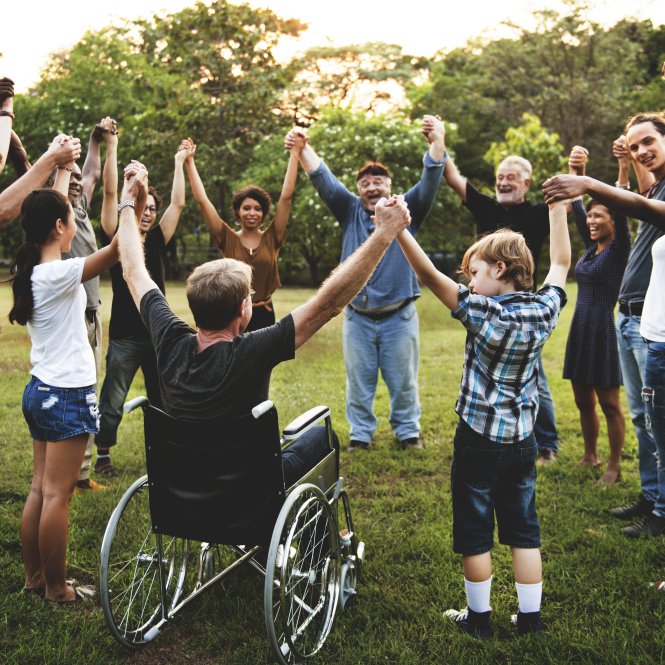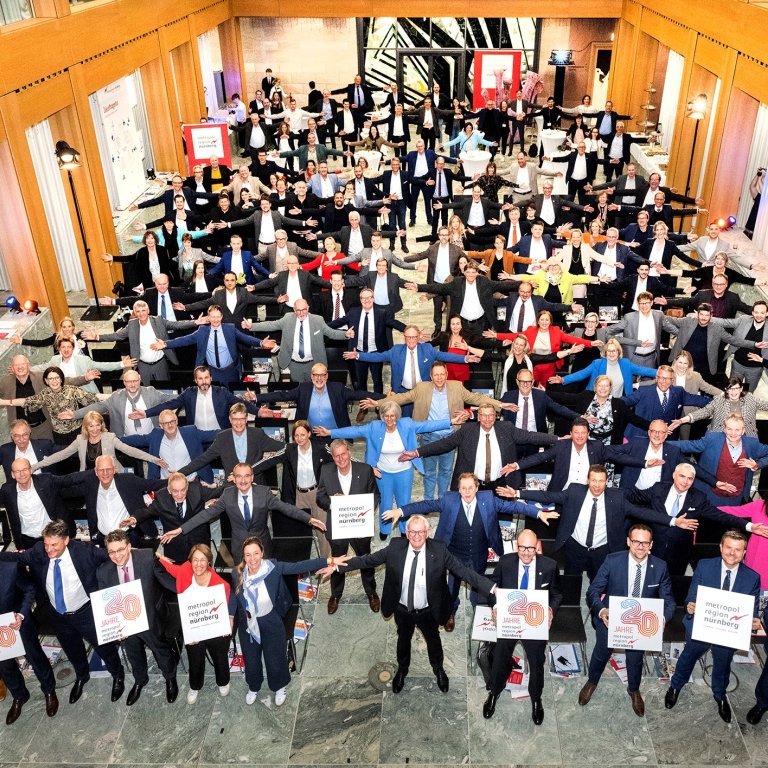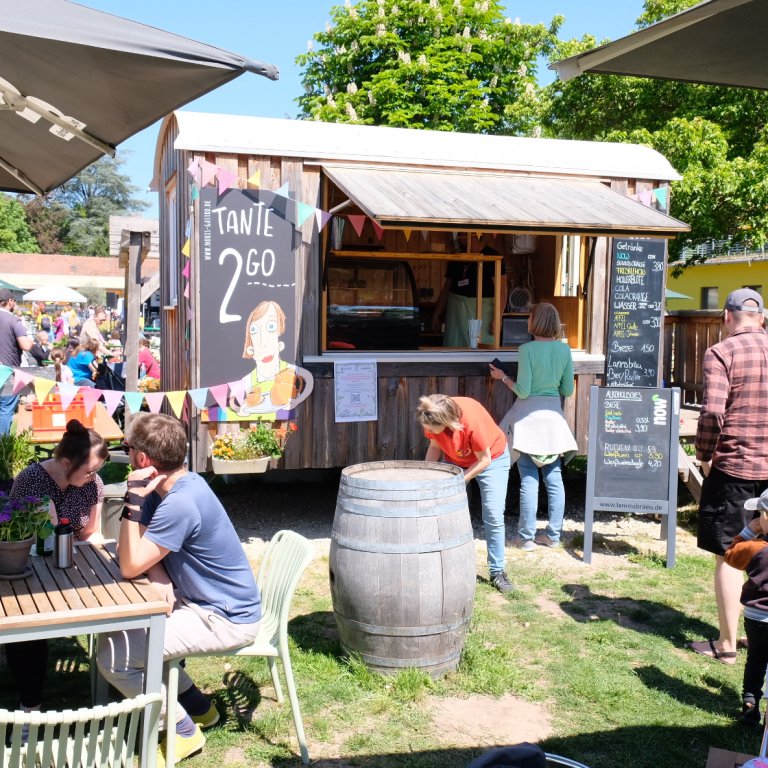

Racism and exclusion in everyday life - a lecture by Matthias Lorenz at ConSozial 2019.
Gender diversity, integration and inclusion - topics that have increasingly become the focus of political debate in recent years. Areas in which progressive and emancipative movements have been able to achieve successes - successes against which, however, an ever-increasing resistance is also rising - and this is coming from the right. "This development can be observed particularly in the area of sexual education," explains Matthias Lorenz, who works in the Mobile Counselling Service against Right-Wing Extremism in Bavaria.
"A patriarchal image of the relationship between man and woman is elevated to the norm. All non-heteronormative forms of life, on the other hand, are declared to be the enemy. Right-wing parties and movements refer very strongly to their ideal conception of the relationship constellation and try to enforce it as the norm with all their might. This disenfranchises and threatens all those who are outside the narrowness and strictness of this norm. Lesbians, gays, transgender people, and many others - millions of people who take responsibility for each other beyond the heterosexual monogamous relationship of two." The right-wingers are fighting to reverse the trend of emancipation in these areas and would prefer to turn back time to do so, Lorenz said. As an example, he cites the so-called Demo for All, which originated in France and eventually made its way to Germany. It is mainly directed against progressive reforms in the field of sex education.
In practice, this can be seen, for example, in racist statements made by parents or by the children themselves, who adopt these patterns of thought from their parents. In the same way, however, there may also be daycare workers who make such statements or who treat children with a migration background differently in a discriminatory way. It can also happen that outside parties try to exert influence, "for example, if flyers with corresponding content suddenly appear in the immediate vicinity of daycare centers," Lorenz explains and adds: "It is also an exertion of influence if, for example, the AfD calls for 'Islam-free schools' in the Bavarian state election campaign or parents agitate against daycare children from refugee families. From our practical consulting experience, we know that such incidents are unfortunately not isolated cases," says Lorenz.
The Mobile Counselling Service provides information on what such content can be: "What are typical identification signs and codes, how can I recognise the anti-feminist, homophobic and transphobic agitation of right-wing actors, how do I notice racist or anti-Semitic statements and how do I best deal with them - you can always contact us, even if you are unsure about something. We offer the necessary background information to recognize - even disguised or subliminal - racism." In addition, she said, the Mobile Counselling Service provides helpful practical tips or refers people to the appropriate counselling centre. In the case of concrete incidents, one can also turn to the Mobile Coun selling Service free of charge, which not only provides advice by telephone, but also helps on site to jointly develop solution strategies. Workshops and lectures are also offered.
How best to show solidarity with those affected by racist, homophobic or transphobic attacks may vary from situation to situation, says Lorenz. Nevertheless, he gives two essential tips for practice: "In any case, you should react, also to show those affected that you stand by their side. In addition, Lorenz recommends a clearly formulated and open contradiction, because: "The earlier and more clearly you raise the issue, the more you achieve."
For Lorenz, an opposition is more than just mere words in this context: "Opposition does not just mean saying what you are against, but also includes a progressive approach, a showing of what inclusion can look like in practice. " Unfortunately, it is not uncommon in practice for people who stand up against racism to be attacked and exposed. Here it is important to stick together, not to be divided and to stand up for one's democratic and human rights-oriented convictions even in the face of opposition, he said. "For this very reason, it is so important to take note of and promote courageous advocacy on the part of employees and their commitment to a sense of justice and solidarity, instead of labeling them troublemakers," Lorenz appeals.
Another point is to be self-critical and to constantly question oneself as to whether one has not unnoticedly adopted certain thought patterns. In addition, it is important not only to think in terms of the perpetrators, but to focus above all on those affected and to ask them specifically about their needs: "In disputes, it is important to show your opposition to all others and, not least, to make it clear to those affected that you stand behind them. And in this way to send a signal - both to the perpetrator and to society - that such behavior will not be tolerated."
Author: Lena Häusler
As part of the ConSozial 2019, Germany's largest congress trade fair for the social market, Matthias Lorenz held a Lecture at the Kita Congress on the topic of racism in the environment of daycare centers.
Image credits:
Fotorecht: iStock / Rawpixel



